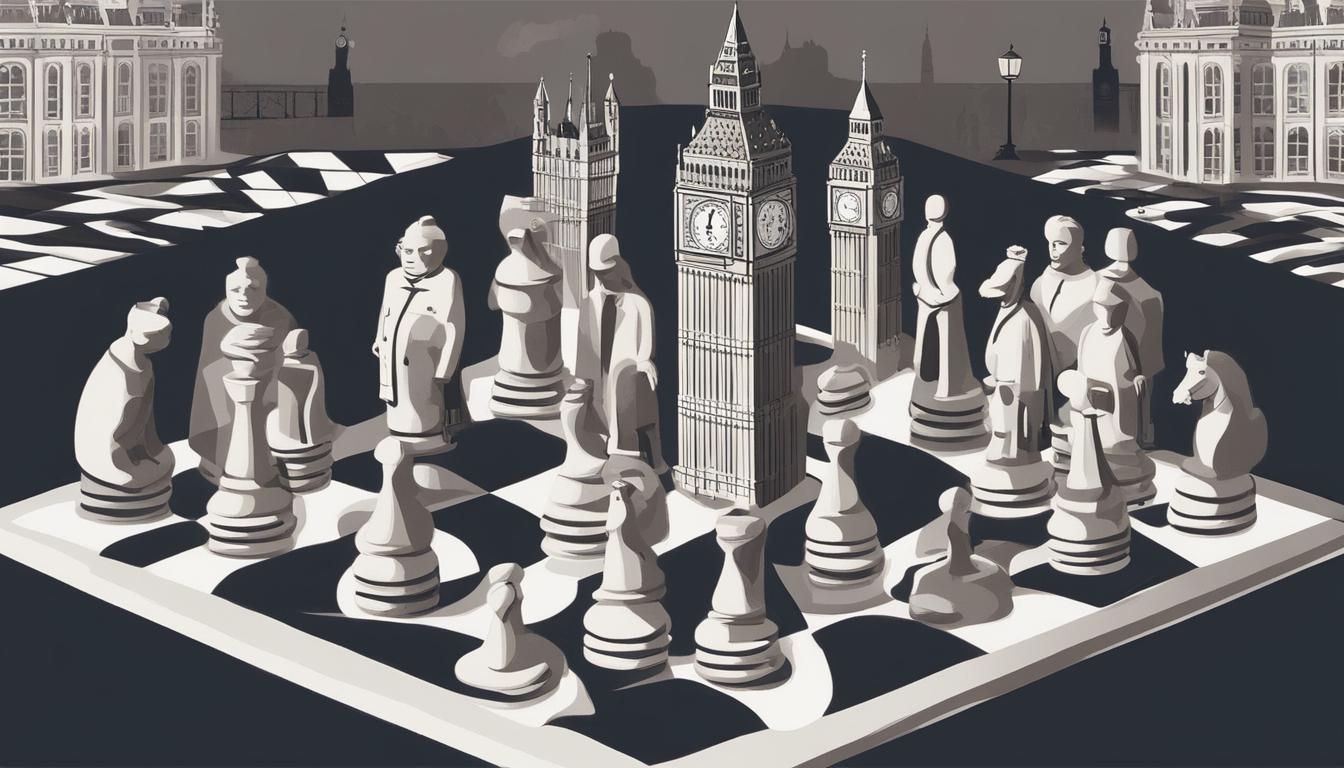Local elections across England on May 2 will see more than 2,500 council seats contested, with major mayoral elections in cities including London, and the selection of new police and crime commissioners, potentially reshaping the UK’s political landscape.
Over 2,500 council seats are at stake in 107 local authorities across England, with key mayoral elections also taking place in major cities, including London, on May 2. The current Mayor of London, Sadiq Khan, is amongst various incumbent mayors like Andy Burnham of Greater Manchester, who are seeking re-election. Additionally, voters will be selecting new police and crime commissioners in most parts of England and all of Wales, potentially influencing broader political sentiments.
In Blackpool South, a pivotal by-election is occurring, triggered by the resignation of Tory MP Scott Benton. The election is particularly noteworthy as it tests Reform UK, the successor to the Brexit Party, with candidate Mark Butcher challenging expected Labour frontrunner Chris Webb. Blackpool has struggled with social issues and redevelopment, adding significance to this election in the context of the “levelling up” agenda.
Dudley Metropolitan Borough Council, meanwhile, is facing financial difficulties, with all 72 seats up for election. The council is contending with a potential £37 million deficit over the next three years due to decreased income and rising costs, particularly in social care. The financial strain mirrors the broader economic challenges faced by local councils in England.
In London, the safety and the fight against knife crime have been pushed to the forefront of the mayoral campaign following a tragic sword attack in Hainault, which resulted in the death of a 13-year-old boy. The incident has intensified the scrutiny of incumbent Mayor Sadiq Khan’s handling of violent crime in the capital.
As these local elections unfold, they are viewed not only as a reflection on local governance but also as an indicator of the national political climate, highlighting the shifting dynamics between established and rising political forces in the UK.













